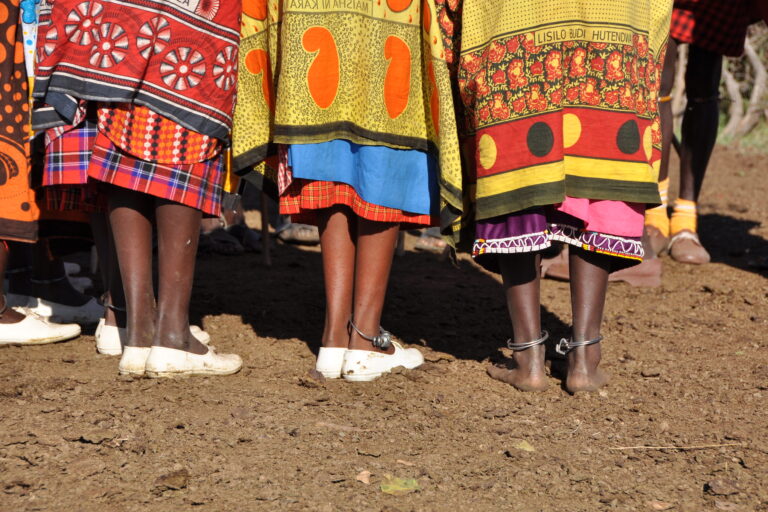by Bobby Bascomb
- In 2022, the government of Tanzania began relocating Indigenous Maasai pastoralists from their ancestral home inside and near Ngorongoro Conservation Area.
- Locals say they’ve been forcibly evicted from their land and denied access to grazing areas for livestock and basic social services including health care, education and the right to vote.
- Maasai women have been profoundly affected, some turning to prostitution to survive once communities fell apart.
In 2022, the government of Tanzania began forcibly evicting thousands of Indigenous Maasai from 1,500 square kilometers, nearly 600 square miles, of their ancestral land to make way for elite tourism in the renowned Ngorongoro Conservation Area. A large group of Maasai recently blocked the road leading to Ngorongoro, protesting the evictions and denial of government services including health care, education and the right to vote. After the protests, the president of Tanzania ordered social services be restored, though local residents told Mongabay they still haven’t been.
“Hundreds of families were pushed into extreme poverty as the government confiscated and sold their livestock in public markets,” a local aid worker told Mongabay. A local woman told Mongabay that the communal grazing land used by the Maasai was taken by the government, so any cows that remained grew too skinny to produce milk, a staple food for the Indigenous group and a product they sell to buy other foods.
Mongabay spoke with five Maasai women from the area, all of whom requested anonymity for fear of retaliation. Some names have been changed to protect their identities. “The threats are numerous, including daily arrests, especially for those of us who advocate for human rights. This situation seriously threatens our lives,” a local woman told Mongabay in an email.


